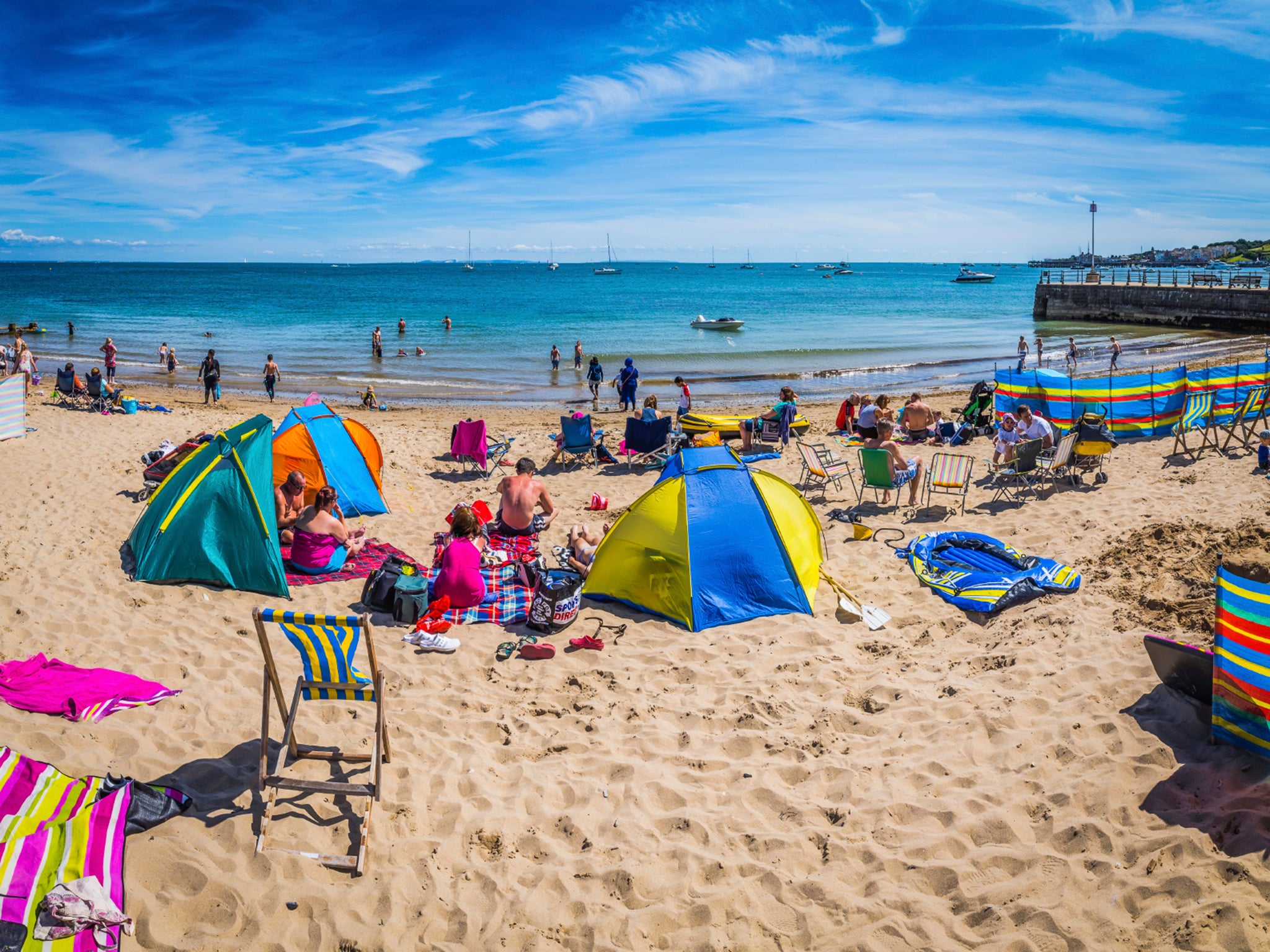High Court ruling gives families carte blanche for holidays during school term
The overall effect is likely to be cheaper family holidays all year round

A High Court judge has given carte blanche for parents to take children out of school for holidays, ruling that fixed penalties for unauthorised absences are unenforcible.
The judgment could lead to an average of three pupils in every class of 30 being on holiday during term time.
Lord Justice Lloyd Jones upheld a decision by Isle of Wight magistrates that a father who took his six-year-old daughter out of school to go to Florida had no case to answer.
In 2013 the then-Education Secretary, Michael Gove, introduced a fixed penalty of £60 for parents who take children away without agreement from the school. Jon Platt, a 45-year-old company director from the Isle of Wight, refused to pay the penalty. He was taken to court under the 1996 Education Act. But last October, magistrates dismissed the case against the businessman.
The Isle of Wight Council took the case to the High Court to seek a definitive ruling, but were told by the judge: “The magistrates did not err in law.”
Outside the court, Mr Platt said: “The law is nice and clear: if your kids go to school regularly, you can take them on holiday during term time.”
He told The Independent: “Hundreds of teachers and head teachers have contacted me over the past few months to say it’s an absolute fiction that this is disruptive to the school. A child who’s doing well, who’s out of school for a week, does absolutely no harm.”
But Jonathan Bacon, Leader of the Isle of Wight Council, told The Independent: “We have clear statistical information that every day of absence affects the chances a child has of getting good results at school.
“This is not a question about who is in the right and who is in the wrong. It’s a question of trying to clarify how to get the best educational results not just across the Isle of Wight but across the country, because that is clearly related to attendance at school."
He called on the Department for Education to provide “the clarity that the court failed to give us this morning”.
A DfE spokesperson said: “We are confident our policy to reduce school absence is clear and correct.
The 10 best value destinations for 2016
Show all 10“Children’s attendance at school is non-negotiable, so we will now look to change the legislation. We also plan to strengthen statutory guidance to schools and local authorities.”
Until new rules take effect, the judgment could lead to cheaper family holidays all year round, as parents who are prepared to take their children out of school spread demand more evenly.
The travel business is different from other industries. Because the supply of airline seats, rental cars and hotel beds is fixed during the year, prices can surge dramatically at times of high demand - coinciding with school holidays. The average holiday firm or leisure airline trades at a loss for most of the year, but more than makes up for it when the schools are out.
A typical example is provided by the benchmark European flight: a one-way hop on easyJet from Gatwick to Barcelona. The fare next Saturday is £68. A week later, at the start of half-term for most families, the price for the same seat on the same plane more than trebles to £208.
The judgment implies that the definition of “regular attendance” is set at 90 per cent - a figure Mr Platt's daughter achieved even with the holiday. The Independent calculates that children with otherwise unblemished attendance records will be able to be away for up to 19 days - nearly four weeks - in an academic year without fear of breaking the law.
Mr Platt was happy with the prospect that one in 10 of the children in his daughter’s class could be absent on holiday at any one time. “We’ll have small class sizes, won’t we?,” he said.
Tens of thousands of parents who have paid fixed penalties - regarding them as part of the cost of the holiday - may now seek to have their money refunded.
Subscribe to Independent Premium to bookmark this article
Want to bookmark your favourite articles and stories to read or reference later? Start your Independent Premium subscription today.

Join our commenting forum
Join thought-provoking conversations, follow other Independent readers and see their replies